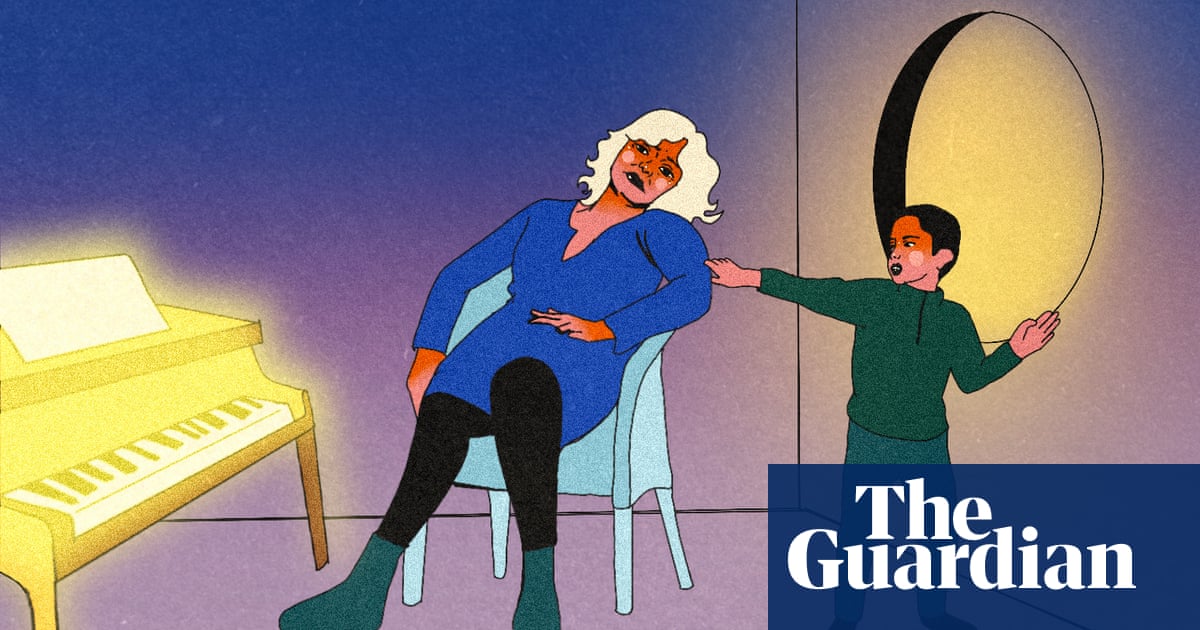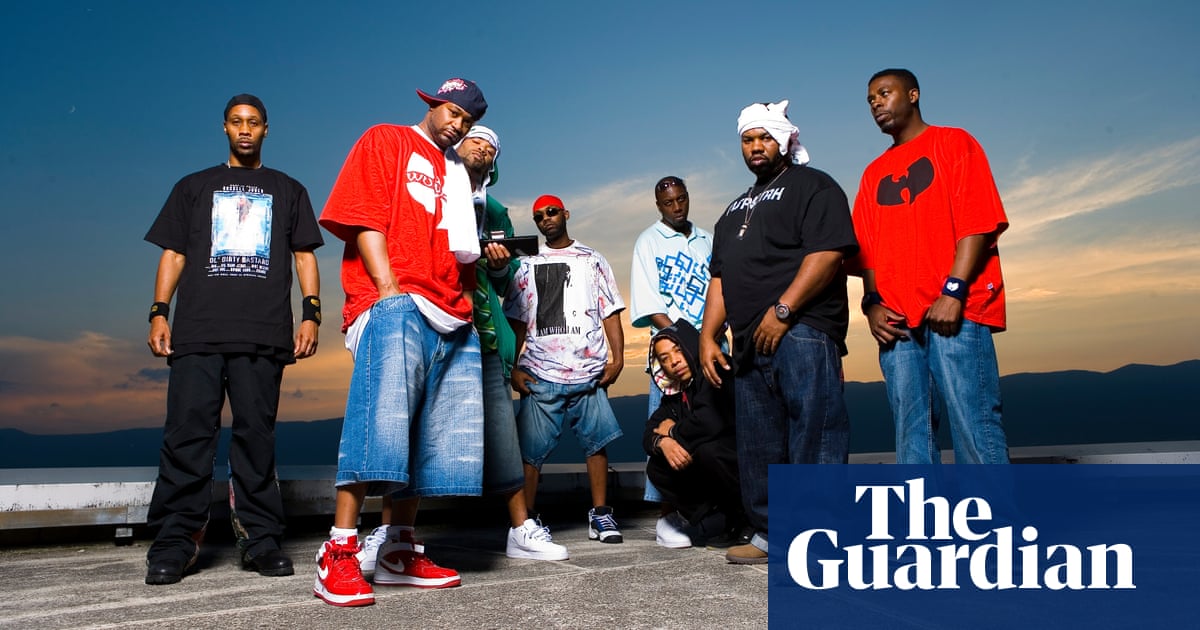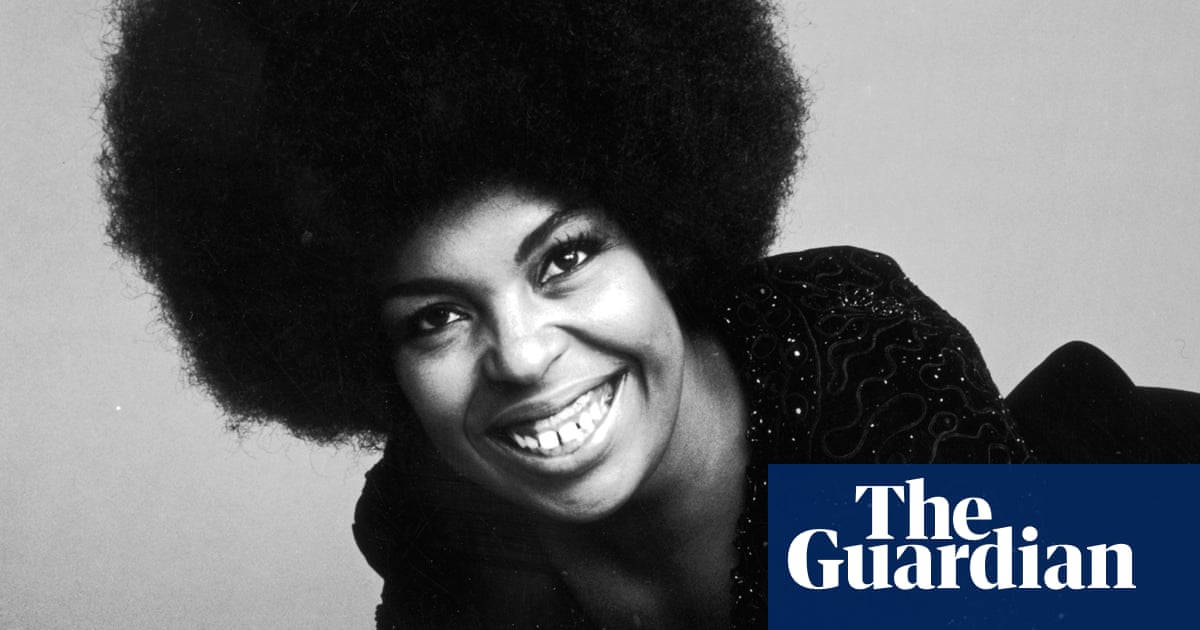This low-budget supernatural romance, directed by Michael Groom and co-written with his brother David, is both full of feeling and admirably ambitious with its trio of timelines. Taking place on three consecutive Christmases, it starts with one in which perky scientist Alice (Ines De Clercq) dates self-deprecating medium Jay (Samuel Edward-Cook), juxtaposing and scrambling these threads corroborates his notion that all time exists simultaneously. In his words, we inhabit a “block universe” – which makes it sound like he’s played too much Minecraft.
In the first timeline, we’re parked in the York heritage section of the block universe. Alice and Jay weave down the Shambles and up to Clifford’s Tower as their affair gets under way – though it’s almost scuppered as she struggles to accept his clairvoyance. When vignettes from the second timeline kick in, Alice’s hair has grown out, and the couple are on a seasonal break in Keswick. They’re partly revisiting a past childhood holiday of hers, but a night-time visitation from his future self gives Jay doomy intimations. These are seemingly borne out in early glimpses of timeline three, with Alice pregnant and home alone.
The Grooms labour for a good half-hour to establish the eternalist playing field – but then Between the Lights opens out into something mysterious and foreboding. Though this rather talky film skimps on visual fireworks that might translate the metaphysical grandeur, it shrewdly uses small details – the bauble Jay offers Alice, a buddha trinket from a Christmas cracker – to embroider the timelines together. It still feels at several points that the director could fumble this non-linear bundle, with some confusing cause-and-effect in the first timeline especially. And the film has a growing tendency as it arranges the three threads to prioritise short-term plot expediency over the vaulting sense of divine design that Groom aspires to.
But the flaws are excusable given the film’s complexity, and it builds to a shivery and lovelorn climax reminiscent of Truly Madly Deeply and The Box of Delights. Both leads are impressive: Edward-Cook outwardly firm in the face of his psychic responsibilities, but with a subtle downcast pall that suggests his attention is always elsewhere; De Clercq casting off scepticism and growing powerfully into her mantle of grief. If this hymn to love’s persistence wobbles occasionally, it’s good to see an independent British film going for broke.

 2 months ago
44
2 months ago
44













































